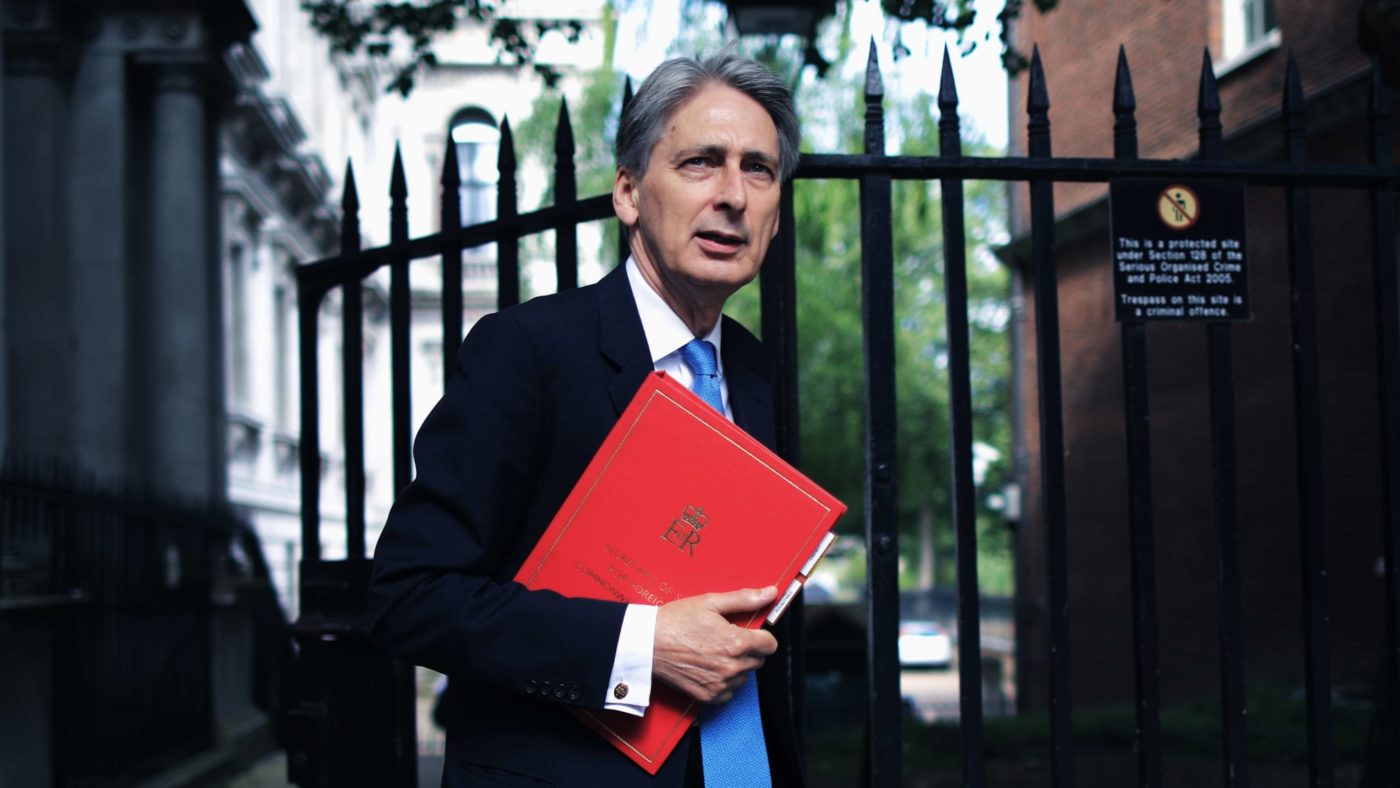Neoliberals are often accused of being emotionless, calculating machines. We are thought of as the dystopian caricature of economists, knowing the price of everything but the value of nothing.
Whether or not this preconception is true, policies require an assessment of their costs and benefits. Broad political questions, such as the optimal way to structure a tax system, should not be based on taking moral stances, but maximising economic welfare across society. This – and not the tax’s unpopularity – is why Philip Hammond should scrap stamp duty in his forthcoming budget.
A recent example of tax being seen in exclusively moral terms came from Jeremy Cliffe, the Economist writer who accidentally set up a political party on Twitter. His “radical manifesto” included the abolition of VAT because it’s “horribly regressive”. Never mind that most economists reckon that VAT is much less economically damaging than many other taxes, or that VAT raises almost as much as income tax. I shouldn’t pick on Cliffe — he’s not alone in thinking of taxes in these simplistic terms. They miss that making a tax progressive isn’t very difficult; nor does it determine whether it is a good policy or not. Britain’s window tax was highly progressive — since the rich still had more windows than the poor — but that’s no reason to levy it now.
When considering the merits of a tax, its impact on prices needs to be considered. When prices reflect supply and demand, they allow us to balance what society wants against what it costs society to satisfy those wants. That’s the best way of making sure we’re maximising satisfaction of people’s desires and preferences. We need to levy taxes somehow but some taxes can alter those signals more than others, meaning we’re discouraging economic activity more than we need to.
Taxes become costly because they change the decisions people would have otherwise made. Producing an apple costs society: it uses up land, fertiliser, labour hours, organisational capacity, and various tools and machines. But all of these costs are included in the apple’s price. Any profits left over exist to motivate entrepreneurs and firms to continue providing apples, since the market mechanism has calculated that using all those inputs in that way is better than the next best alternative. Losses are the market’s way of telling producers to stop doing that activity: the item they get at the end is not worth all that land, labour and capital they used to get it.
If you add a tax to an apple it makes us worse off as a society. You value apples just as much. They take just as much stuff to produce. But you act as if they cost more, because of the tax. On the other hand, in rare cases taxes can actually reduce total distortion. For example, if diesel fuel produces toxic chemicals that harm others, adding a tax onto diesel fuel can make its cost reflect the true cost that burning diesel has to society at large. But most taxes add to distortions.
Illustrated with apples, this distortion might not seem that important. But we have large tax wedges on working, every type of investment, and, as my new Adam Smith Institute paper details, transferring housing.
If people simply bought houses as an investment, and always rented their main residence, then stamp duty wouldn’t be so bad. It would make house prices more volatile, because people would only trade when prices changed massively, not making small adjustments. But I don’t really mind who I rent from.
However, there are considerable benefits to owning the home you live in. Any improvement you make benefits you, not your landlord or a future tenant. You can put the furniture where you like and knock through walls, or put new ones up. But this means that barriers to homes changing hand puts up barriers to people moving to and living where they want, just as it stops them from employing plumbers, electricians, bricklayers and carpenters to improve their house. In total, this damage tots up to about 75p per pound raised — more than any other levy the government has.
Almost all taxes are economically damaging. Outside of a few, they are necessary evils that we justify by the good things we think that government spending can do. But some taxes are more economically damaging than others. I hope Philip Hammond can look past the simplistic moral analysis and scrap stamp duty in this year’s budget


